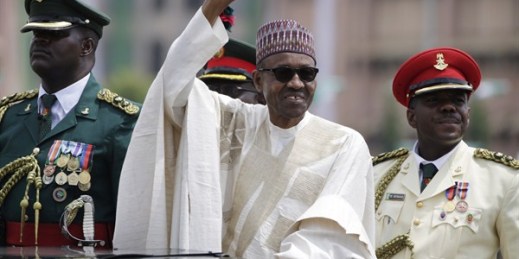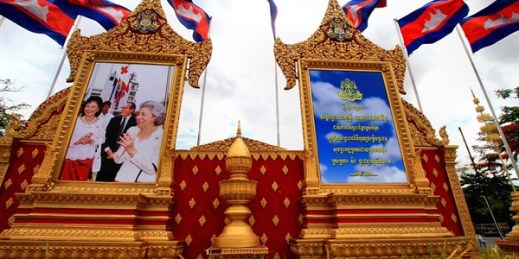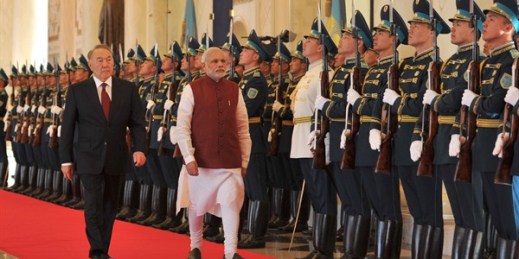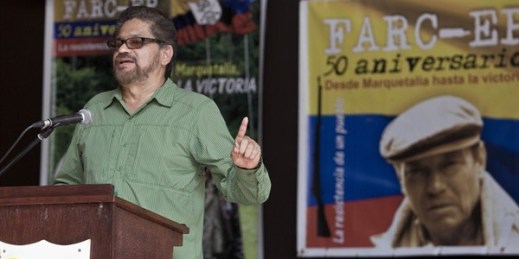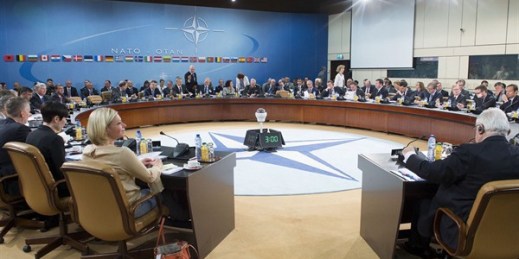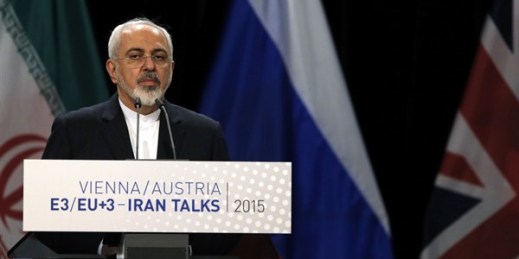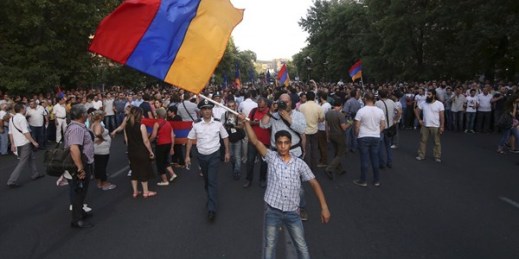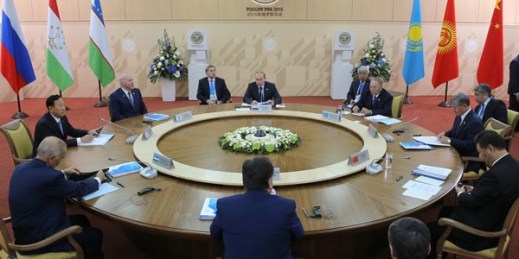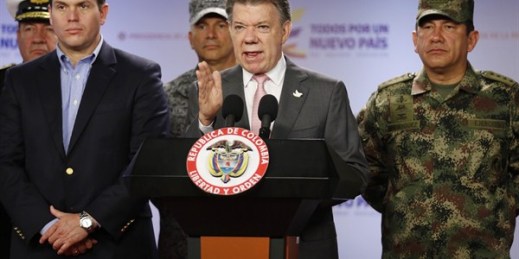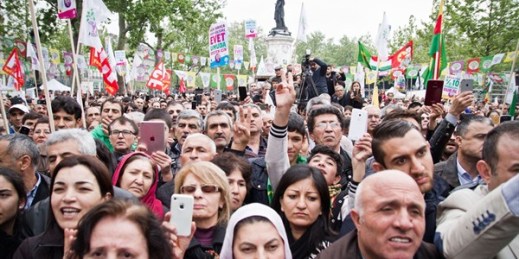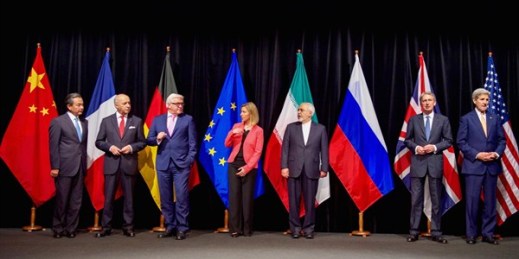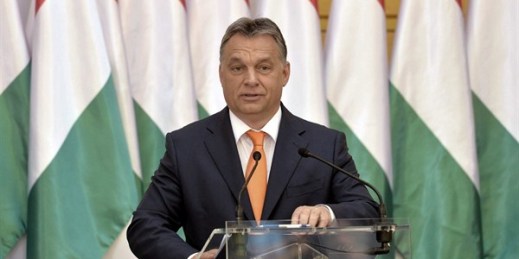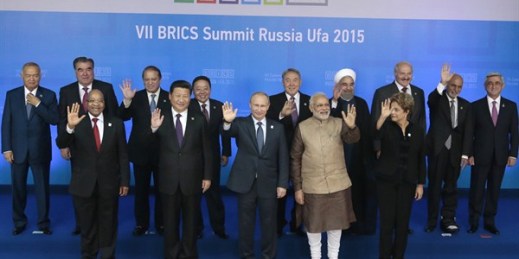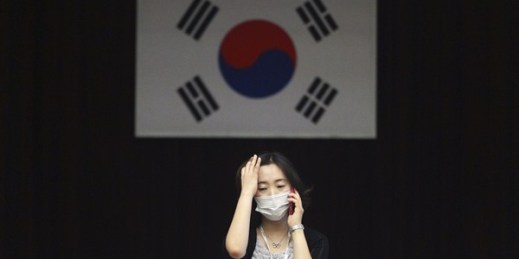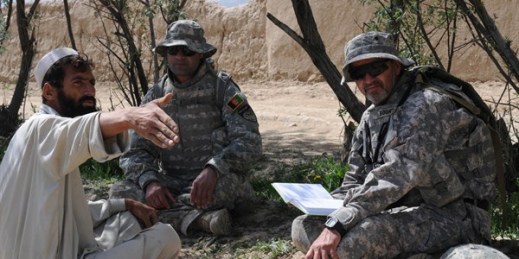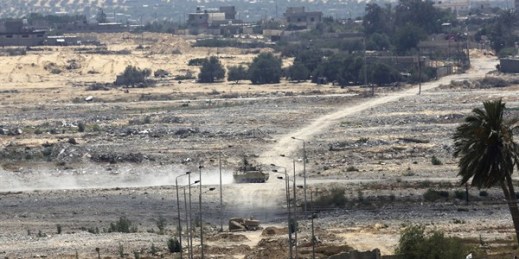
Egypt’s Sinai Peninsula is an insurgent’s dream. The corridor between Asia and Africa encompasses deserts, soaring mountains, plunging canyons and an expansive coastline. Most of its 23,000 square miles, roughly the same area as West Virginia, exist outside the control of the Egyptian state. Decades of neglect by successive Egyptian governments and limited economic development have resulted in a Sinai population that is largely disenfranchised and impoverished. Dark networks and crime syndicates proliferate, smuggling everything from drugs and weapons to people, to and from mainland Egypt, Gaza, Israel and further afield. In an area where development is limited and where […]

